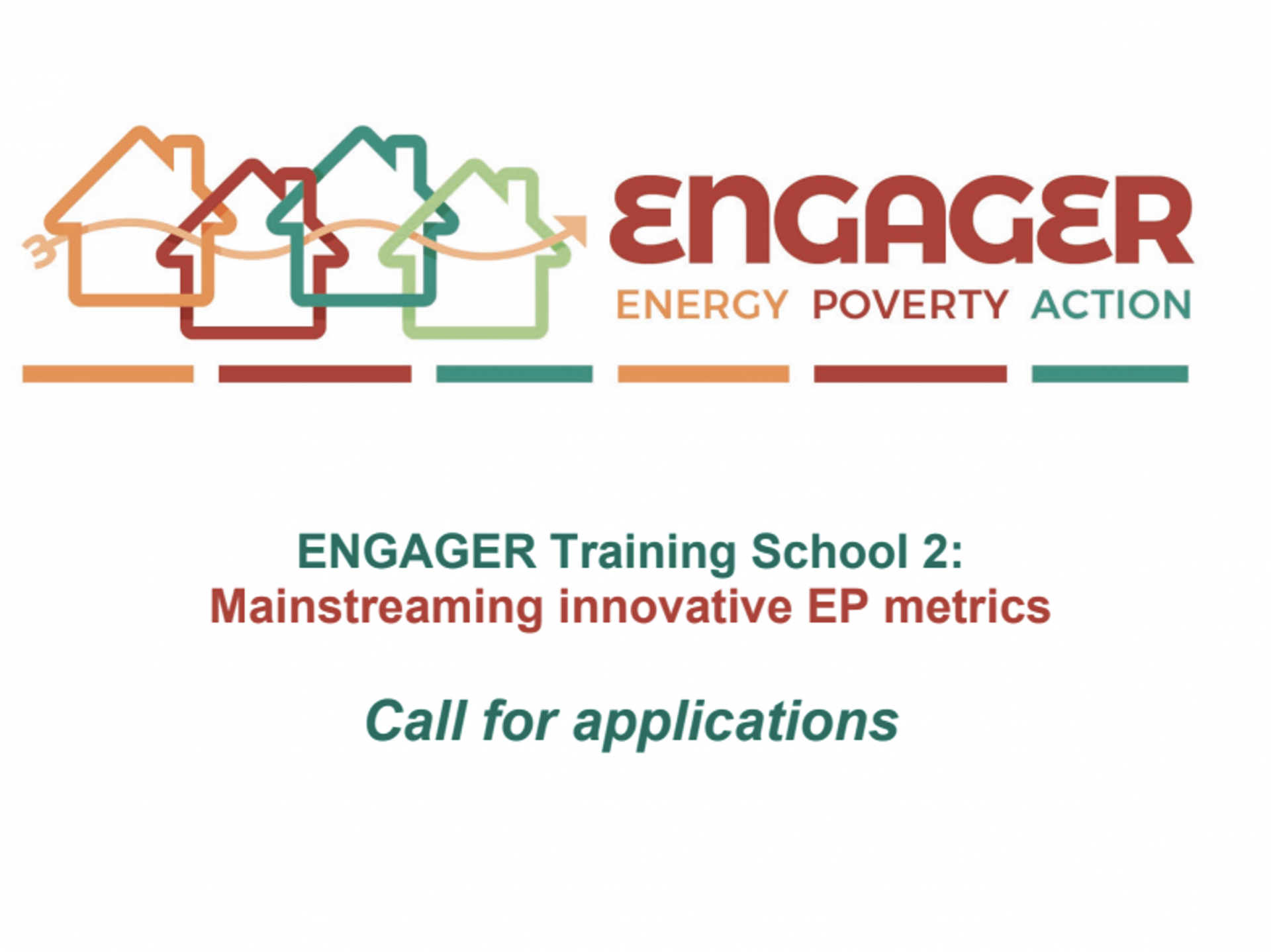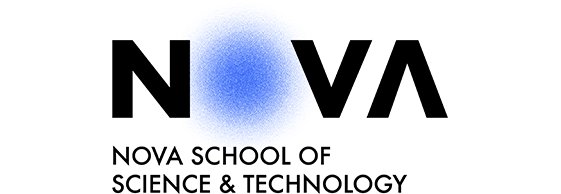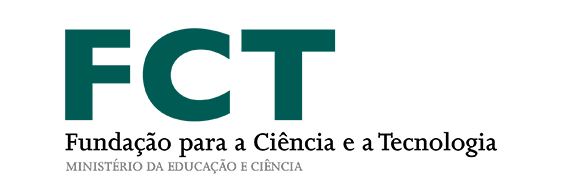ENGAGER Training School 2: Mainstreaming innovative EP metrics
Deadline for applications: 5th March 2021
The ENGAGER Training School 2 addresses the challenge of mainstreaming innovative energy poverty metrics. It covers complementary aspects of the overarching theme: digitisation, composite indices, transport energy poverty, cooling and hidden energy poverty, all in relation to impact at scale. We build on our Training School 1 on mobilising data for energy poverty research and action, held during June 2019.
Given the pandemic circumstances, this training school employs a trend-setting model of parallel hubs. We will gather small national groups in five European cities, each open to applicants who are able to spend the week at that location. We will also accept a small number of applications for remote participation based in other countries. Most training school content will be subsequently made available online for anyone to use.
Each hub anchors one day of the training school on five focus areas within the theme:
-
26 April: EP metrology and digitisation for low-carbon energy infrastructure (Bergen, Norway)
-
27 April: Composite EP indicators and popularising innovative datasets (Birmingham, UK)
-
28 April: Measuring transport energy poverty and impact on wellbeing (Magdeburg/Dortmund, Germany)
-
29 April: Mainstreaming EP metrics into NECPs including cooling (Lisbon, Portugal)
-
30 April: EP indicators, policy impact and hidden energy poverty (Getafe/Madrid, Spain)
Lisbon hub: Mainstreaming EP metrics into NECPs including cooling
Theme anchors: Miguel Brito, Marta Panão. Additional trainers: Ana Horta, João Pedro Gouveia
National Energy and Climate Plans (NECP) should tackle how nations can address and mitigate EP in the years to come. However, the EU Energy Poverty Observatory reported that EP is recognised by the NECPs in 18 out of 26 European countries, and only 14 of them explicitly mention the EP indicators used for monitoring. Summer energy poverty is a crucial challenge, especially for Southern European Countries, but it is only expressly addressed in the France NECP. The Lisbon hub will identify and discuss the main EP indicators used in various NECPs. Using examples at different spatial scales in Portugal, we will consider: i) which data sources can be drawn for EP assessment; ii) how to identify EP households and vulnerable districts; iii) how to quantify the impact of EP policies (e.g., subsidised energy bills, buildings renovation); iv) which indicators or indexes should be combined for a comprehensive understanding of summer and winter EP and allow its monitoring; and v) how to decrease EP in a sustainable manner aligned with NECP and carbon neutrality goals.
Application logistics and eligibility
Please apply to a hub where you can be physically present during 26-30 April 2021. We will have live sessions across hubs during 10-13 CET (9-12 GMT) on all days. Email a 500 word letter of application and 2-page CV as one PDF file with the subject line “ENGAGER TS2” to siddharth.sareen@uis.no including your institutional affiliation and location. If applying as a remote participant, specify this as well. Applications are accepted up to 23:59, Friday, 5th March 2021.
Applications are welcome from early career researchers (up to seven years past PhD) as well as practitioners based at institutions with relevance to energy poverty research. Civil society workers are encouraged to apply. Applicants must be based in COST or COST Associated countries, and ITC applicants will be prioritised for remote participation. Physical participation will be reimbursed in line with applicable COST Vademecum rules. Travel, board and lodging costs will be covered for the training school dates based on standard COST country rates. Local participants will be reimbursed a flat rate (currently €40 per day) for catering in addition to local travel costs. Those located more than 50 kilometres from their participating hub will be entitled to boarding, lodging and domestic travel in accordance with COST rates.
For more information, check the full call for applications.




